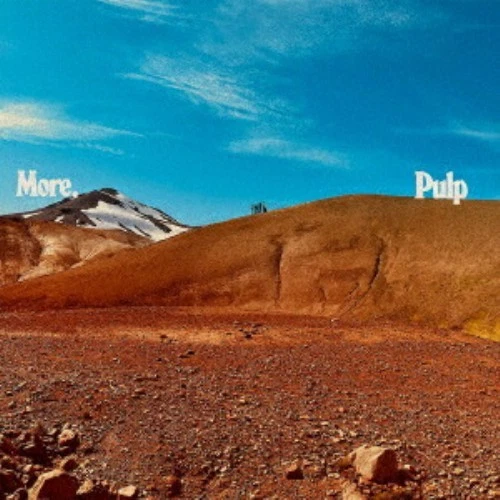Liverpool Sound and Vision Rating * * * *

More from Pulp should be greeted as the arrival of the unexpected gift, an album that arguably no fan of the Brit-Pop gatecrashes expected after such an absence from the charts and the studio. To hear the return of Nick Banks, Candida Doyle, Mark Webber, and Jarvis Cocker in the iconic aural pose of poetry driven music is to feel once again the wonderful interaction of angst and tormented memories of growing up, of facing a future that seemed reserved for someone else.
Time has moved on, the changing of attitudes, a different generation’s belief infecting, perhaps guiding opinion, and the sadness of loss makes introspection even more melancholic and poetic to bare and self-analysing the cost; by returning to the studio the feelings of the same mind experiencing life through an older lens is a remarkable exercise, but one that also comes with its own price.
In truth nothing could once again capture the zeitgeist that Pulp caressed in 1995 as they released Different Class, arguably the best album not of that year, but a sounding board for the entire decade, and anyone who expects the band to find that same level of generous reflection of lyric and addictive sound would surely have to concede that such a feat would be impossible, but to not be dismayed for what is there is a truth, that Pulp have arrived back to the public’s conscious at a critical time for expression.
They say that often less is more, in this case More is cool and unafraid of the gap between studio albums, it has the drama, the sense of constant information being displayed as a poet would relay the oblique and the implied with factual reference, it has the stirring sound of Candida Doyle adding a variation of subtly and genius craft to the keyboards and piano, and the extraordinary timing of Nick Banks and Mark Webber steering the rudder to interesting and mischief making waters. When placed together these seemingly individual references combine to create genius and warmth that has gravitas once more revealed for the listener.
The distant gaze so observed by the poets’ spring forth tracks such as Tina, Farmers Market, Background Noise, Partial Eclipse, the excellent The Hymn Of The North, and the finale of A Sunset with relish, a soft rejoice and direct approach of reason, and in this the less is more loses its grip on reality, for More is most definitely more, More is the point of music in its most poetic, even philosophical form.
Pulp return, not to squeeze out the remaining juice from a previous time, but to insist on a fresh look at the world through the eyes of the older statesmen and women to whom a previous time saw them be more than common people, they were the sages of their time. A new beginning, a different observation, but the same class once more speaks out.
Ian D. Hall